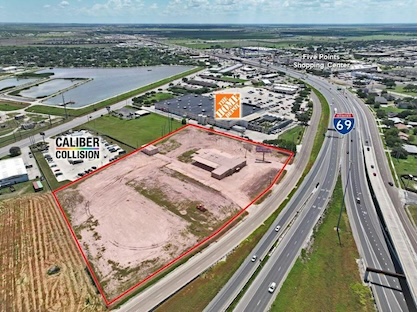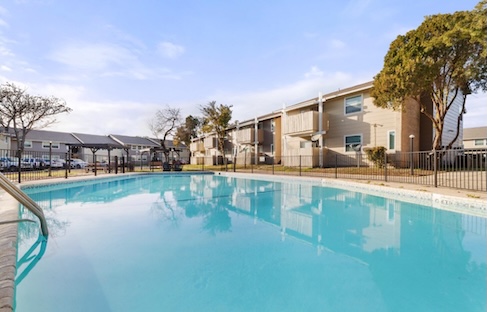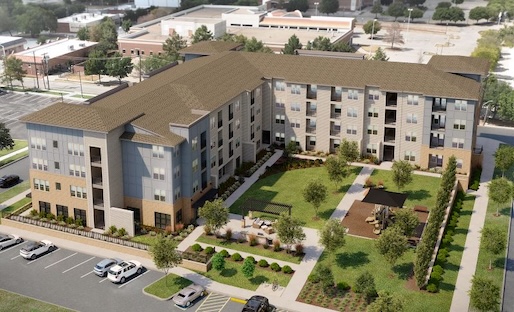It might seem difficult to believe for renters searching for low-cost apartment units in major cities, but developers are building afford multifamily units at a record pace in the United States, according to the latest research from RentCafe.
In the past five years, the U.S. built nearly 310,000 new affordable apartments, with nearly one-third of that total delivered in 2024, according to RentCafe’s Jan. 27 Market Insights report.
How does this pace of development compare to other five-year periods? RentCafe reported that affordable housing construction rose 73% during the last five years compared to the previous five-year period (2015–2019), far outpacing the 36% growth in overall apartment construction during the same period.
RentCafe said that more than 91,000 affordable apartments were completed in 2024 alone, which ranks as the highest annual total in the past decade. This surge made 2024 the busiest year for multifamily affordable housing construction in a decade.
Affordable housing is starting to make up a larger portion of all new apartment construction, RentCafe said. In 2024, nearly 14% of all new apartments were income-restricted, up from just under 9% 10 years earlier. This indicates a growing emphasis on affordability in new multifamily development.
What’s behind this increase in lower-cost apartments? RentCafe’s report cites the American Rescue Plan, which has directed billions of dollars into housing through State and Local Fiscal Recovery Funds. Many states also introduced or expanded their own tax-credit programs. These efforts helped developers cover rising costs and move projects to completion while also keeping rents affordable for the long term.
Between the two five-year periods spanning 2015 to 2019 and 2020 to 2024, the U.S. saw a dramatic increase in the completion of affordable apartments: The number of apartments for lower-income renters delivered nationwide surged by 73%, rising from approximately 179,000 in the first half of the 10-year period to nearly 310,000 in the latter.
Seattle led the way in affordable-housing construction with 14,290 affordable apartments completed in the last five years. This is an increase of nearly 40% when compared to the previous five-year period.
New York City ranked second, with 14,240 affordable units added since 2020. Austin, Texas, ranked third with 13,343 new units; Minneapolis-St. Paul fourth with 10,722 new affordable apartment units; and Atlanta fifth with 10,486.
Chicago ranked 12th in RentCafe’s report, adding 7,112 new affordable multifamily units during the last five years, while Nashville added 5,498, ranking 16th. Dallas ranked 17th with 5,317 new affordable apartment units in the last five years.
This doesn’t mean that finding affordable multifamily units is easy for renters. Many still struggle with high monthly rents, especially if they are looking for apartment units in major cities or located in walkable neighborhoods with easy access to public transportation. But the recent influx of affordable apartment units is good news for renters looking to spend a lower share of their monthly incomes on rent.
Will the surge in affordable multifamily units continue? That’s difficult to predict, but the RentCafe report suggests that developers will continue adding this housing type to U.S. markets in the coming years.









